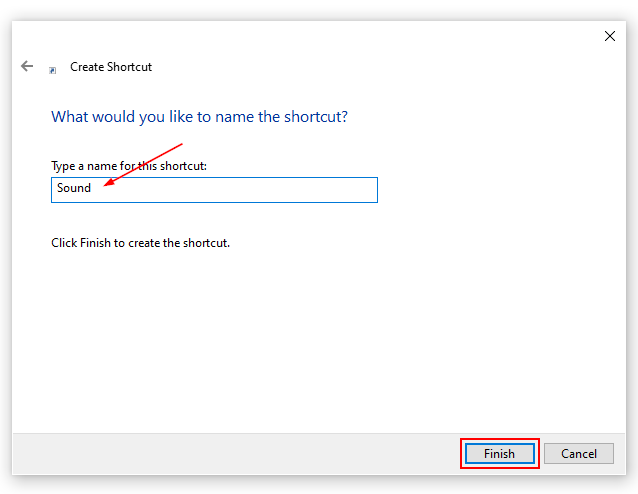

- HOW TO ASSIGN HOTKEY TO SWITCH FROM HEADPHONES TO SPEAKERS DRIVERS
- HOW TO ASSIGN HOTKEY TO SWITCH FROM HEADPHONES TO SPEAKERS DRIVER
- HOW TO ASSIGN HOTKEY TO SWITCH FROM HEADPHONES TO SPEAKERS SOFTWARE
- HOW TO ASSIGN HOTKEY TO SWITCH FROM HEADPHONES TO SPEAKERS WINDOWS 8.1
- HOW TO ASSIGN HOTKEY TO SWITCH FROM HEADPHONES TO SPEAKERS PC
HOW TO ASSIGN HOTKEY TO SWITCH FROM HEADPHONES TO SPEAKERS DRIVER
But give it a try – first make sure your USB headphones are plugged in (and wait a few seconds for the driver to engage fully): Now the advice I’m going to give you next works great for Windows 7, but I’m not sure if this will still work in Windows 8.1. But with USB devices, they are controlled by software/drivers – so it’s not nearly as simple. Again, in the old days, we’d use an analog jack splitter and be able to plug them both in at the same time. For Microsoft Windows, generally you have one output, either speakers or headphones. Now for getting both speakers and headset to work at the same time, there is a way to make that happen. Back in the day with analog headsets, there was a simple hardware switch built into the headphone jack that disconnected the speakers whenever something was plugged in – that worked instantly. Unfortunately, it takes longer for the switch to happen because that function is controlled by drivers. Same for when you want to go back to using the analog speakers, just unplug the USB headset and practice patience, it will take a few seconds for the system to revert back to using the speakers.

When you plug in your USB headset, wait a few seconds (perhaps up to 20), and they should start working for you, disconnecting the analog speakers. The short answer is to leave your default settings alone, and practice patience when plugging in (and unplugging) a USB headset – Windows should handle the switchover from speakers to headset automatically for you, but it takes at least a few seconds.įirst off, you don’t want to switch your default audio device – leave it set as your analog speakers.

But all is not lost, read on for a tip to get your switching from speakers to headphones and back to work fast and trouble-free in Microsoft Windows.
HOW TO ASSIGN HOTKEY TO SWITCH FROM HEADPHONES TO SPEAKERS DRIVERS
Their drivers are required to be compatible with Windows, but the specification Microsoft puts out is nowhere near going to yield the seamless integration you’d get if every part of your system was designed by the same company (Apple, I’m lookin’ at’cha!). This is partly due to the drivers that your USB device uses – headsets are generally made by 3rd party manufacturers like Logitech. There always seems to be some kind of fussing around required.Īudio device switching has always been kind of a bug-a-boo in Microsoft Windows, and even with the latest version you still are going to have issues.

HOW TO ASSIGN HOTKEY TO SWITCH FROM HEADPHONES TO SPEAKERS SOFTWARE
Separately from the Windows volume control, the board audio software often responds to my plugging something in with a screen that tries to guess what I’m trying to do.
HOW TO ASSIGN HOTKEY TO SWITCH FROM HEADPHONES TO SPEAKERS PC
What does it mean for something to be “enabled” but not a “default”? You get my drift! 🙂įYI I’m on a very fast homebuilt PC and using the built-in audio on my ASUS PBZ77-V Deluxe board for the analog audio. It’s so clumsy and time consuming when all you want to do is have someone listen to something for a few minutes and then go back to your headphone set. Is there any way to have audio go through multiple channels (like both the USB and the analog, or two analog devices, like analog speakers and headphone)? It is really annoying to have to go through a few rounds of “Enable/Disable” and “Set Default Device” when all you want to do is to switch from a USB headphone/mic unit to, say, an analog speaker system, and then back again.
HOW TO ASSIGN HOTKEY TO SWITCH FROM HEADPHONES TO SPEAKERS WINDOWS 8.1
Is there any easy way to assign/default audio devices in Windows 8.1 other than by right clicking the volume icon and selecting “Playback Devices” and “Recording Devices”.


 0 kommentar(er)
0 kommentar(er)
